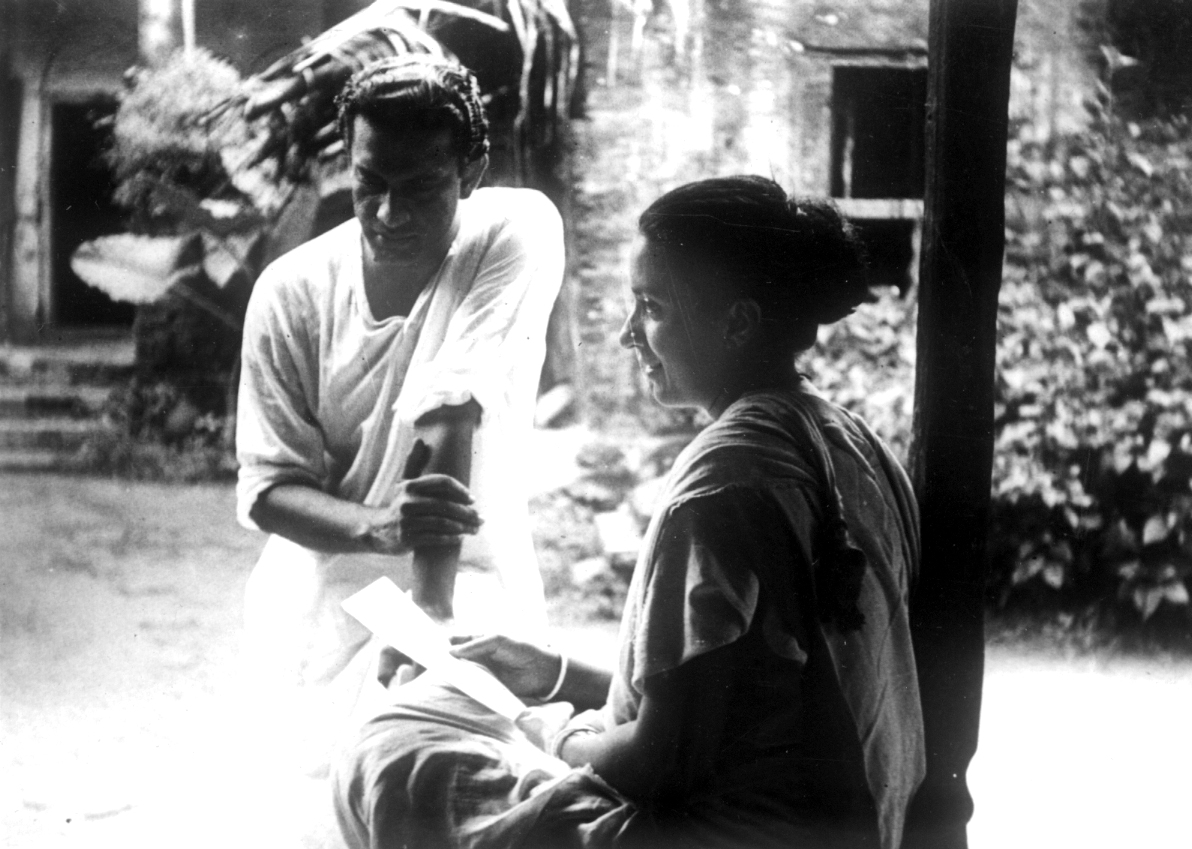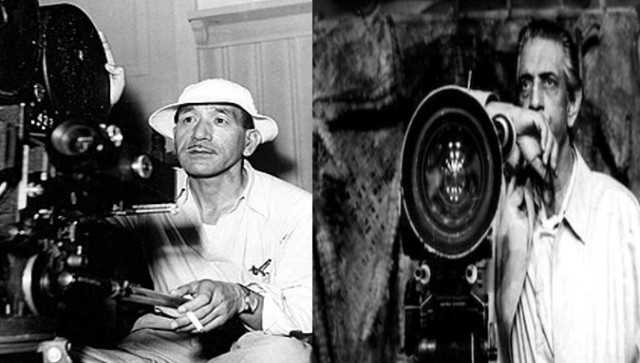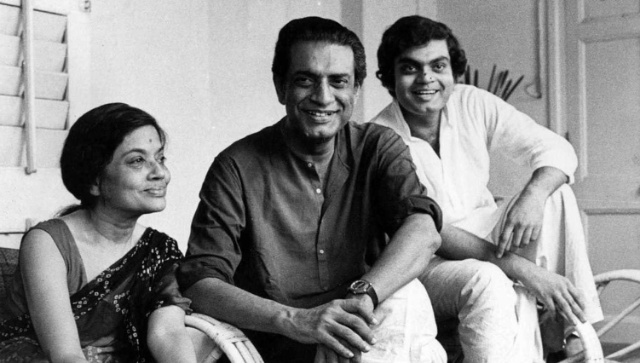A room on the fifth floor of a suburban five-star hotel is a beehive of activity. The jury members of the 16th Mumbai Film Festival are here, nursing jet-lags and possible hangovers with tea, coffee and fruit. Veteran English filmmaker Peter Webber, Chadian filmmaker Mahamat Saleh Haroun, The Lunchbox’s Ritesh Batra and Canadian documentary filmmaker Ron Mann make up the jury that will evaluate films being screened as part of the International Competition. This section awards first-time feature filmmakers from around the world with cash prizes going up to $2 million, a generous amount by any standard.
Webber, who is in his early 50s, is best known for his much-awarded debut feature, Girl With A Pearl Earring (starring Scarlett Johannsson and Colin Firth), and the darkly cartoonish Hannibal Rising, which went from being critically panned to becoming a cult favourite. He finally gets done with his photo-shoot and digs into a bowl of fruit as he sits down to talk to me, with the opening ceremony of the festival only a couple of hours away.
“The best way to visit any city is to attend a film festival there,” he says. “And the best way to attend a film festival is as a member of a jury.”
It may sound like he’s a little too pleased with all the attention he’s receiving from the MFF volunteers – which he definitely is – but that’s not where this is coming from. “You know how many films I watched the last time I went to Cannes? None. I spent all my time meeting producers, distributors, and financiers. This time, I’m actually excited to be watching a few movies because I kind of have to.”
Webber’s first ever festival experience was Cannes, way back in 1988 when he was a “poor film student, sleeping on a journalist friend’s hotel room floor and sneaking into press screenings”. He remembers it as being “an amazing, life-changing experience.” However, the likes of Cannes and Berlin don’t interest him anymore. “To me, it’s the emerging festivals that are exciting," he says. “There are new audiences, new markets, and fantastic new filmmakers from all parts of the world. It’s still about cinema; not just the business of it.”
Now, he’d rather go to Odessa, or Transylvania, or, as it turns out, Mumbai. “The festival director (Srinivasan Naraynan) got in touch with me only a month ago,” he says. “From what I gathered, it sounded like the organisers had been through a hair-raising ride trying to get this festival back on its feet.” Impressed with the line-up and the tenacity of the organisers, Webber decided to reschedule some of his appointments so that he could be here.
While he’s no stranger to Mumbai or India, having spent nearly six months living in the country at one point in his life, Webber has a great fascination for the Indian approach to cinema. He makes it a point to catch a commercial Bollywood movie in a theatre every time he’s here. “I’ll be honest – the all-singing, all-dancing routine is fun but it does go on forever,” he admits. “The energy, the whistles – it’s such a different way of watching movies, so vastly different from the West.”
Webber’s favourite Indian filmmakers are Satyajit Ray and Guru Dutt. He even has a poster of Kaagaz Ke Phool at home.
He’s quick to add that for any film industry to remain healthy, there needs to be space for all kinds of cinema to thrive. Taking Hollywood as an example, he says, “I may not necessarily think Michael Bay is the greatest filmmaker, but I’m not sure I want to live in a world where his films don’t exist. One doesn’t always want to watch a cinematic classic every time one sits down to watch a movie, but, yes, you also need the thoughtful indie films.”
Of all the films playing at the festival, the Iranian film A Girl Walks Home Alone at Night is the one he’s most keen on watching. Aside from its deliciously inventive premise – it’s an Iranian Vampire Western shot in California – it probably appeals to him because of his belief that the West needs to sit up and take notice of things happening in this part of the world.
“We’re the past. India is the future. China is the future. The Koreans are doing great things. It’s high time the West realised its grip over the world is slipping.”


)




)
)
)
)
)
)
)
)